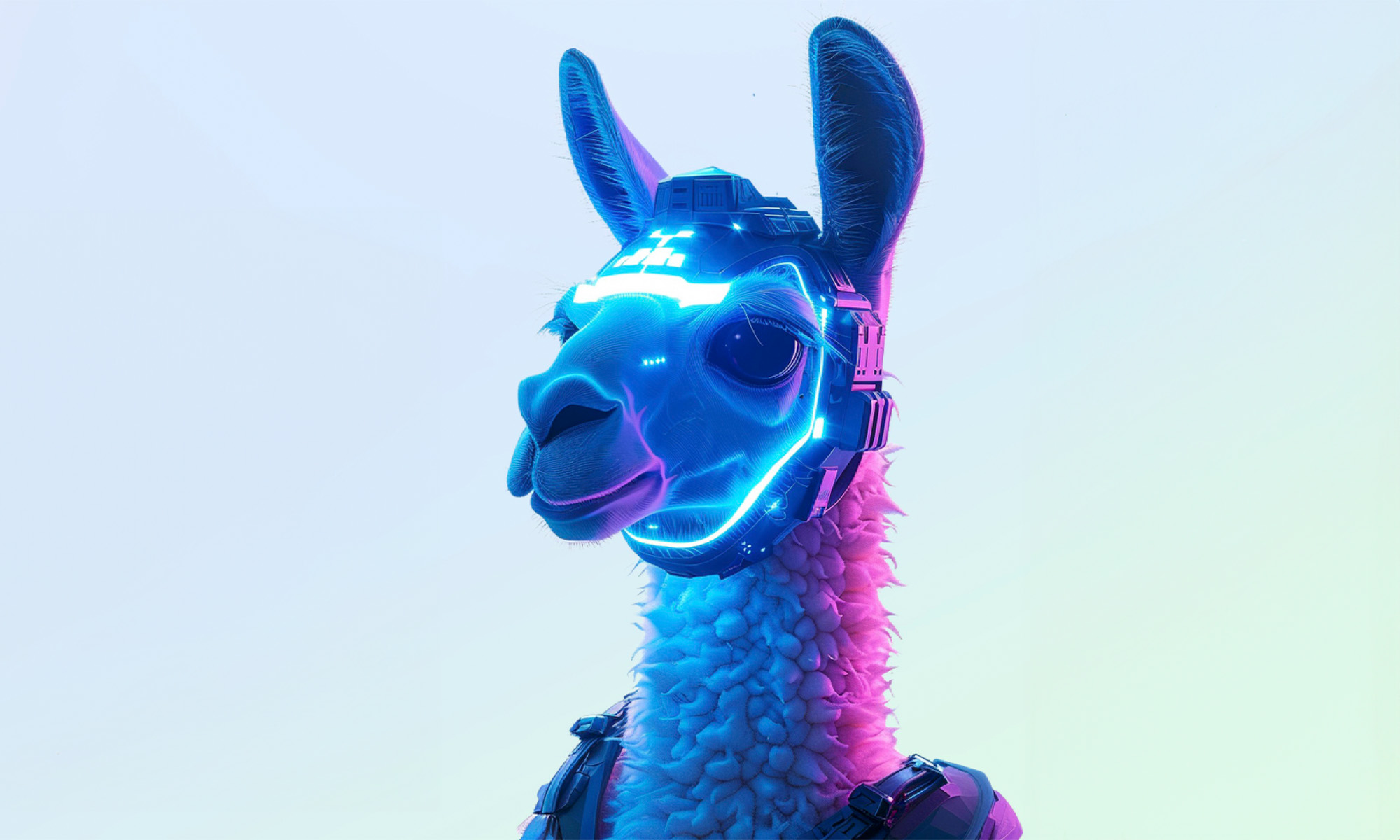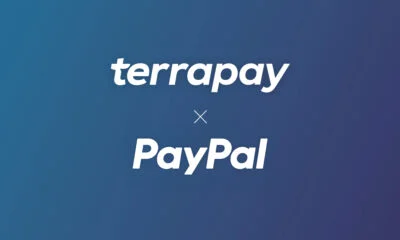News
Meta & Startupbootcamp Program Will Promote MENA Startups
The initiative will encourage AI adoption through a series of workshops and bootcamps and offer $500,000 to support product development.

Facebook and Instagram owner Meta has begun a collaboration with Startupbootcamp, a startup accelerator responsible for over 1,600 successful launches.
The strategic partnership aims to boost the MENA region’s startup scene using cutting-edge AI technologies through its Llama Design Drive initiative.
The program consists of three four-week sprints that will take place across the United Arab Emirates, Saudi Arabia, and Egypt. Llama Design Drive highlights include workshops and mentorship sessions and strategic partnerships with industry thought leaders.
The program by Meta and Startupbootcamp hopes to bridge the gap between established companies and the dynamic AI startup sector. To that end, Llama Design Drive will promote the use of Meta’s open-source large language model, Llama 3.1, helping companies develop products that tackle “real-world challenges in mobility, aviation, energy distribution, retail, and real estate”.
Startups recruited into the Llama Design Drive program will get the opportunity to be fast-tracked into a global initiative sponsored by Meta and have the chance to win up to $500,000 to support future product development.
“Our program not only promotes the adoption of AI technologies to develop solutions for corporate challenges but also facilitates connections between startups, corporates, and industry experts to expand networks and gain valuable knowledge and technical skills,” explained Ibrahim “Abe” Seksek, CEO MENA at Startupbootcamp.
Also Read: The Most AI-Proof Career Opportunities In The Middle East
“The whole world is excited to see how AI can add value to people’s lives,” added Joulan Abdul Khalek, Policy Programs Manager, Africa Middle East and Turkey at Meta. “Llama Design Drive is a great example of how open source can bring people together to co-create meaningful AI solutions. By doing so, we hope to cultivate a thriving community of tech talent across the region, working with them to unlock the potential of these exponential technologies to address real-world challenges”.
The MENA region — and the Middle East in particular — is ideally positioned for AI sector dominance, with both governments and businesses scrambling to adopt advanced technologies. In real terms, the Middle East as a whole is expected to reap 2% of the total worldwide benefits of AI by 2030, with annual growth surging to 20-34% across the region.
News
Google Releases Veo 2 AI Video Tool To MENA Users
The state-of-the-art video generation model is now available in Gemini, offering realistic AI-generated videos with better physics, motion, and detail.

Starting today, users of Gemini Advanced in the MENA region — and globally — can tap into Veo 2, Google’s next-generation video model.
Originally unveiled in 2024, Veo 2 has now been fully integrated into Gemini, supporting multiple languages including Arabic and English. The rollout now brings Google’s most advanced video AI directly into the hands of everyday users.
Veo 2 builds on the foundations of its predecessor with a more sophisticated understanding of the physical world. It’s designed to produce high-fidelity video content with cinematic detail, realistic motion, and greater visual consistency across a wide range of subjects and styles. Whether recreating natural landscapes, human interactions, or stylized environments, the model is capable of interpreting and translating written prompts into eight-second 720p videos that feel almost handcrafted.
Users can generate content directly through the Gemini platform — either via the web or mobile apps. The experience is pretty straightforward: users enter a text-based prompt, and Veo 2 returns a video in 16:9 landscape format, delivered as an MP4 file. These aren’t just generic clips — they can reflect creative, abstract, or highly specific scenarios, making the tool especially useful for content creators, marketers, or anyone experimenting with visual storytelling.
Also Read: Getting Started With Google Gemini: A Beginner’s Guide
To ensure transparency, each video is embedded with SynthID — a digital watermark developed by Google’s DeepMind. The watermark is invisible to the human eye but persists across editing, compression, and sharing. It identifies the video as AI-generated, addressing concerns around misinformation and media authenticity.
While Veo 2 is still in its early phases of public rollout, the technology is part of a broader push by Google to democratize advanced AI tools. With text-to-image, code generation, and now video creation integrated into Gemini, Google is positioning the platform as a full-spectrum creative assistant.
Access to Veo 2 starts today and will continue expanding in the coming weeks. Interested users can try it out at gemini.google.com or through the Gemini app on Android and iOS.























